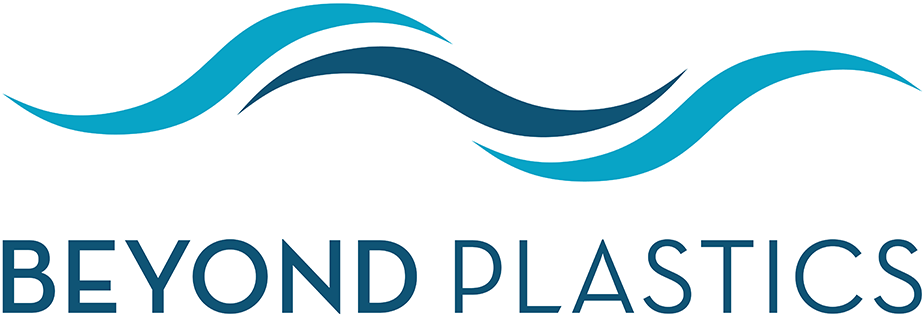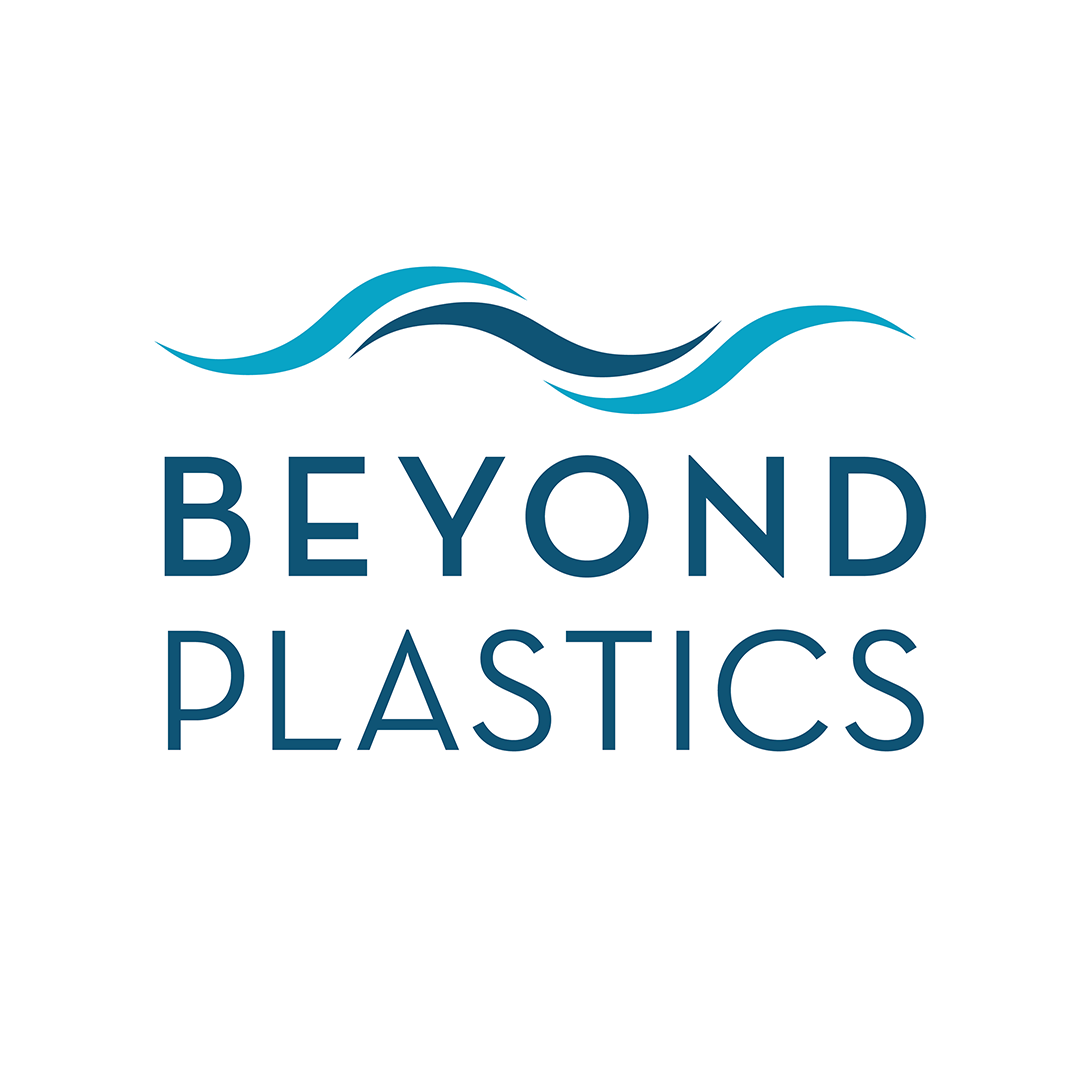“Recycle” By Mail Is a Climate Fail
You may have seen the promise on the baby food pouch or the chip bag offering to recycle the item if you mail it back to the company or a third party. At first glance, it may seem like a good solution but, unfortunately, there’s more to this scheme than meets the eye.
Companies selling and serving plastic packaging and products are promoting false “solutions” to fool the public, from chemical recycling to the mail-back and downcycling of poorly designed plastic products.
These false solutions have negative environmental impacts, stifle innovative designs and effective solutions, and slow the adoption of refillable systems and reusable products. Unfortunately, what many of these programs do achieve is positive “greenwashing” publicity for the companies that enable the companies to claim that they are doing their part by meeting their voluntary plastic pledges.
Many companies have pledged to make their products and packaging reusable, recyclable or compostable by 2025. Unfortunately, many companies are not investing in actually redesigning or eliminating their poorly-designed and polluting plastic products. Instead, these companies are promoting schemes to collect and “recycle” (though technically they are downcycling) their plastic products and packaging that are not accepted by curbside recycling programs via mail-back programs. Afterwards, the plastic is unfit for another round of downcycling and will end up in a landfill or incinerator. The mail-back scheme does not actually result in replacing the production of those products from new plastic.
Right now these programs are not widely used, partly because companies sometimes limit the number of participants in the programs due to the high cost of mailing back millions of products. However, if scaled up to collect a serious amount of plastic waste, these mail-back programs would be a climate disaster. This is unlike local reusable container return programs, such as refillable beverage bottles, that effectively reduce waste and carbon emissions by using the container again for its original purpose.
This fact sheet we’ve published with The Last Beach Clean Up demonstrates that long-distance mail-back programs for plastic products and packaging have significant environmental impacts that outweigh the meager benefits of downcycling the plastic products into picnic tables or park benches. Download the fact sheet now to learn more about the true climate and environmental impacts of four commonly used single-use plastic items — chip bags, condiment packets, plastic cups and plastic cutlery.
Read the June 28, 2021 press release.


